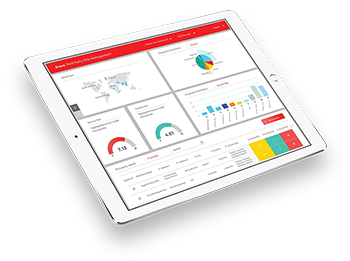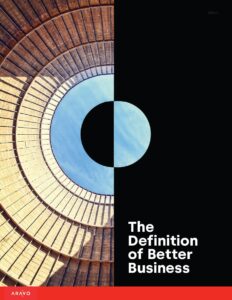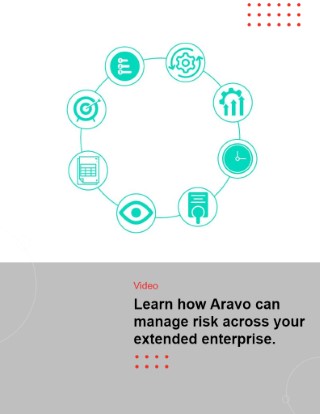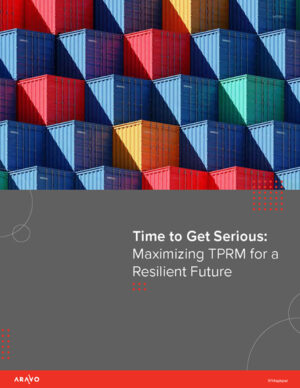- Solutions
- Solutions
- Intelligence First® Platform
- Third-Party Management Products
- Third-Party Risk Management
- Supply Chain Resilience
- Governance, Risk and Compliance
- Third-Party Workflow Management
- Machine Learning and Artificial Intelligence
- Risk Domains
- Anti-Bribery and Corruption Compliance (ABAC)
- Environmental, Social & Governance (ESG)
- German Supply Chain Due Diligence Act (LkSG)
- Financial Services Risk Assessment
- Information Security
- Data Privacy and General Data Protection Regulation (GDPR)
- Integrations
- Risk Intelligence Connectors
- TPRM Integration Framework
- Intelligence First® Platform
- Third-Party Information Security Risk Management
 Ensure your third parties align to your information security data, privacy, and network security requirements
Ensure your third parties align to your information security data, privacy, and network security requirements
- Solutions
- Industry
- Industries
Supporting successful programs across virtually every sector, we understand your business- Financial Services Industry
A third-party management platform that understands regulatory and compliance requirements - Third-Party Risk Management Software for Insurance
Third-Party Risk Management and Compliance for the Insurance Industry - Pharma
Third-Party Risk Management and Compliance Solutions for the Pharmaceutical and Life Sciences Industry - High Tech
Third Party Risk Management and Compliance Solutions for the High Tech Industry - Consumer Goods
Third-Party Risk Management Solutions for the CPG Industry - Manufacturing
Third-Party Risk Management and Compliance Requirements for Manufacturing Companies
- Financial Services Industry
- Featured Resource

Learn more about Aravo and how we can help organizations like yours
- Industries
- Resources
- Resources
- Customer Tools / Aravo Academy
The Aravo Academy will help get you up and running with Aravo’s technology. - Strategic Alignment Framework™
An adaptive framework aligning your TPRM goals, plan, and delivery program for your organization. - Blog
Aravo’s blog for expert third-party risk and compliance content - TPRM Solution Voyage
Explore how to choose the right TPRM software for your business - TPRM Maturity Calculator
How mature is your third-party risk management program? Calculate your score - Events and Webinars
Explore Aravo’s events and webinars to get the latest in TPRM and compliance trends from leading experts. - Glossary
The ABCs of TPRM. Here you will find business terms risk professionals use on a daily basis - Guidance and Regulations
An overview of the vast range of regulations and guidance that encompass TPRM
- Customer Tools / Aravo Academy
- Featured Resource
- Resources
- About Us
- About Aravo
Find out more about Aravo, our purpose, and why leading brands trust our technology solutions- Expertise
Market leaders for 20 years, our services professionals have the expertise to work as an extension of your team - Leadership
Our management team. Commited to supporting “Better Business”, delivering the best experience for our customers - Partners
Learn more about our partner ecosystem - Press Releases
Get the latest information on Aravo, including company and product updates - Careers
Explore career opportunities globally and learn more about Aravo culture
- Expertise
- Aravo for Third-Party Risk Management

Learn how Aravo can Manage Risk Across Your Extended Enterprise
- About Aravo
- Request Demo
- Contact
Main menu
Solutions
- Intelligence First® Platform
- Third-Party Management Products
- Third-Party Risk Management
- Supply Chain Resilience
- Governance, Risk and Compliance
- Third-Party Workflow Management
- Machine Learning and Artificial Intelligence
- Risk Domains
- Anti-Bribery and Corruption Compliance (ABAC)
- Environmental, Social & Governance (ESG)
- German Supply Chain Due Diligence Act (LkSG)
- Financial Services Risk Assessment
- Information Security
- Data Privacy and General Data Protection Regulation (GDPR)
- Integrations
- Risk Intelligence Connectors
- TPRM Integration Framework
